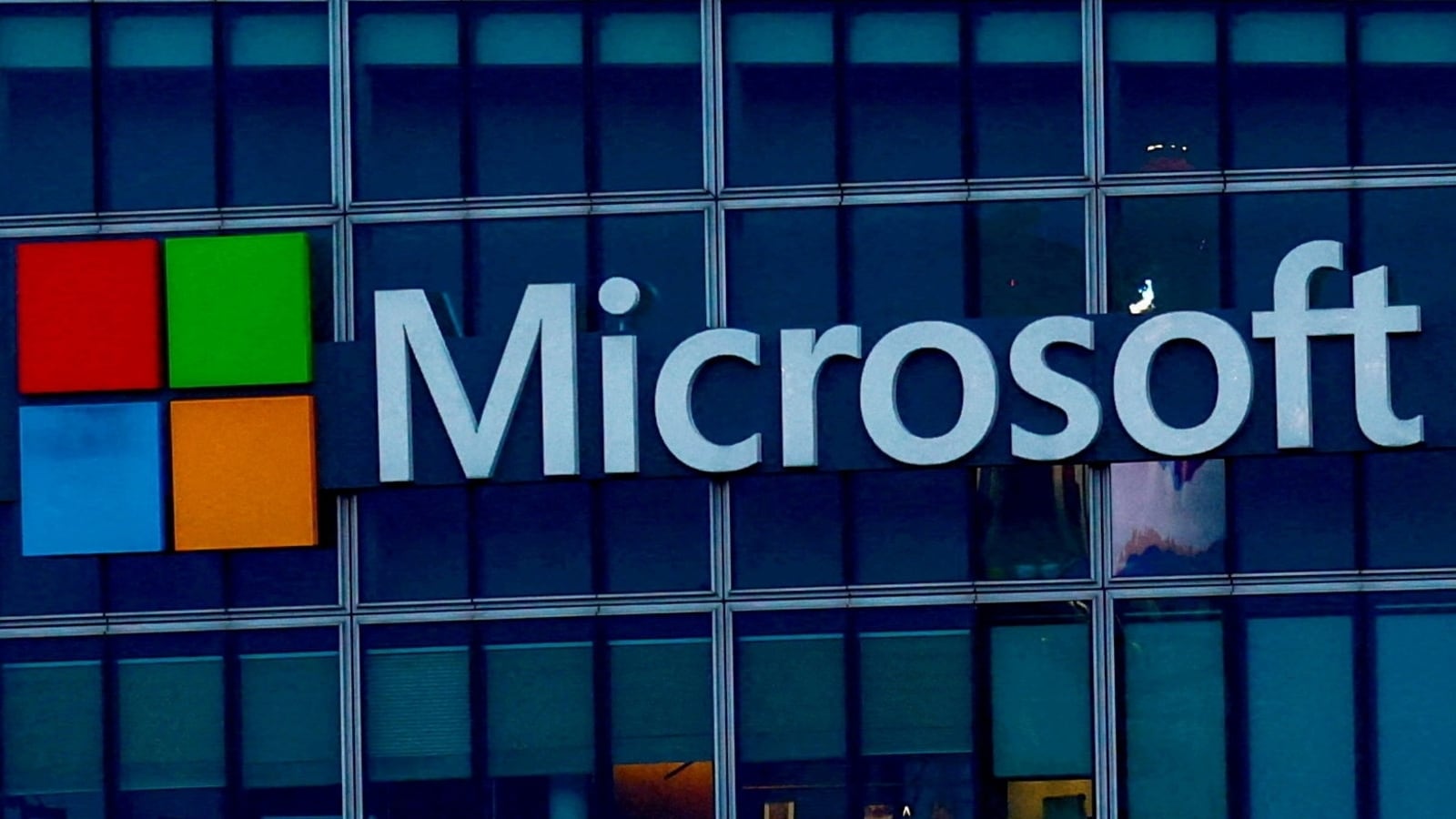Microsoft has doubled down on Bing’s generative AI prowess with the addition of a test feature that brings AI-powered search summaries for users, following Google’s footsteps. As it seems, the feature works using generative AI and Large Language Models (LLMs) to create a summary of results that Microsoft says are easy to read and understand.
Also Read: iPhone Fold may soon be a reality, Apple reportedly signs deal to secure parts: Here’s everything we know
Microsoft Bing Generative Search: How It Works Using LLMs And SLMs
Microsoft explains that if you search, for example, about a movie genre, the generative AI summary will include the subgenre, history, origin, and some of the top films made. This is further accentuated by the availability of links and sources of the information. Also, if a user wants to see the regular search results, they are available as always.
What’s more interesting is the fact that Microsoft is using both Large Language Models and Small Language Models (SLMs) in tandem with its search results to create these summaries.
Microsoft also sasy that the AI understands search queries, and then reviews “millions of sources of information, dynamically matches content, and generates search results in a new AI-generated layout” to ultimately come up with better results for the user.
Also Read: iPhones, iPads to soon be tested in extreme conditions at Apple’s new China lab
No Effect To Website Traffic, Supports ‘Healthy Web Ecosystem’: Microsoft
There’s no denying that AI-powered search has been the subject of widespread criticism after Google, in May, faced backlash for allegedly misleading users with incorrect facts. So, launching a version of its own was quite a task for Microsoft. But, as things stand, Microsoft has attempted to address this problem by including links to sources, which Google also does now.
Microsoft is also limiting the use of Bing Generative AI search, making it accessible to only a select few user queries for the time being—to exhibit caution.
Another major concern with AI search is the hit that websites take regarding traffic, as there is less incentive to visit actual websites if a user can get all the information on the result page. The software giant claims that it is working closely to check how generative search affects the traffic for publishers. Based on what it has seen so far, generative AI search maintains the traffic numbers. Meanwhile, it is also designed to retain traditional search results, as well as increase clickable links.
Also Read: How to check your EPF balance? Follow these simple steps using the UMANG app






